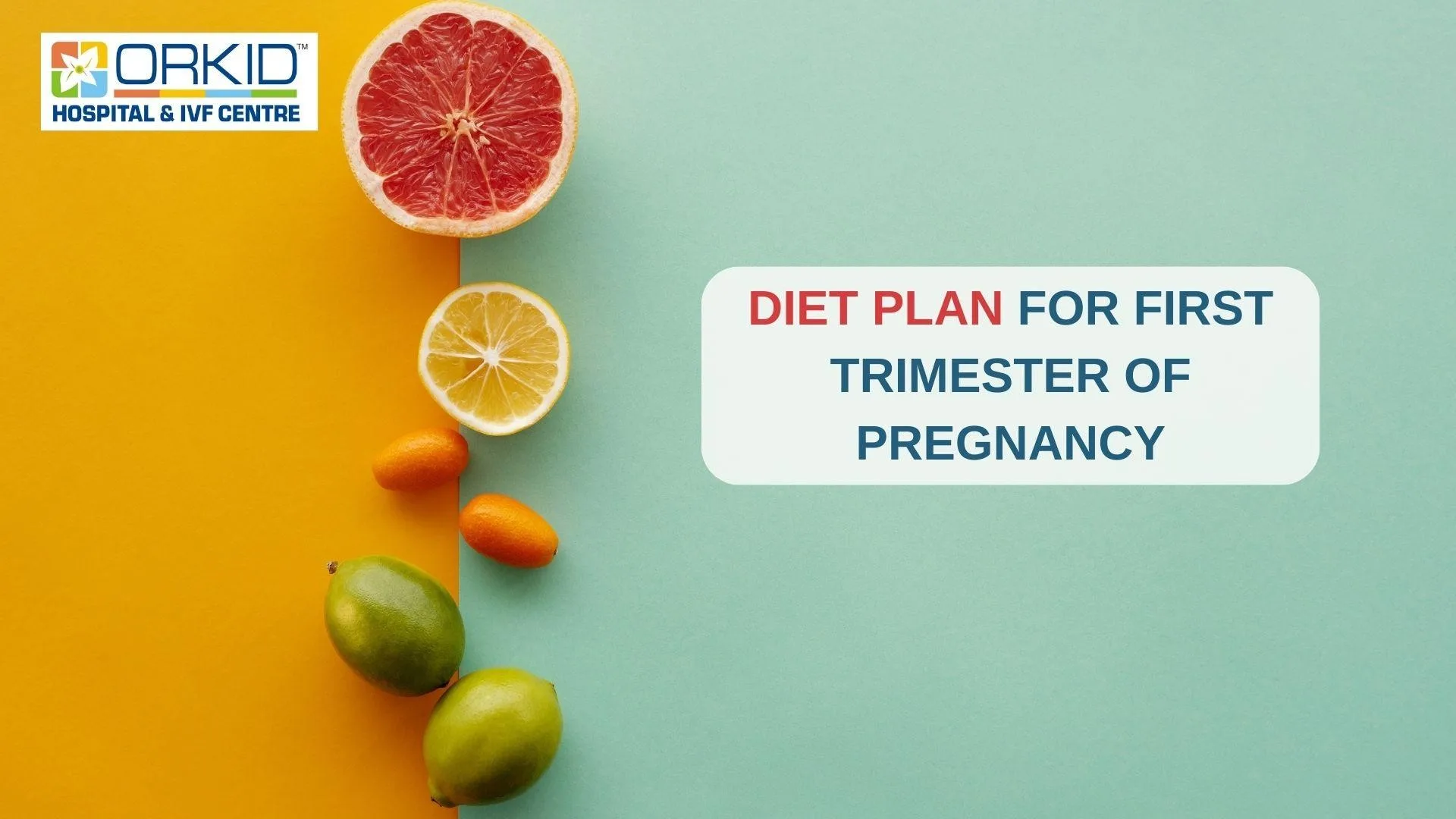IVF Success Rates: Understanding the Factors that Influence your Chances
In vitro fertilization (IVF) has provided hope and joy to countless couples struggling with infertility. This assisted reproductive technology has come a long way since its inception and has proven to be an effective solution for many. However, it is important to understand that the success of IVF treatments can vary depending on a number of factors. In this blog by Dr.Kajal Mangukiya, one of the best gynaecologists in Surat, we will take a closer look at the key factors that can influence your chances of success with IVF.
1. Age: As explained by our expert at Orkid hospital and IVF centre, one of the best infertility centres in Surat, your age plays a crucial role in determining the success of IVF. Women under the age of 35 generally have higher success rates compared to older women. This is because younger women tend to have a higher number of good quality eggs and a better response to fertility medications. As a woman’s age increases, so does the likelihood of chromosomal abnormalities in the eggs, which can affect the chances of successful implantation and pregnancy.
2. Reproductive History: Your reproductive history can also impact IVF success rates. If you have previously had a successful pregnancy, it generally indicates that your uterus is capable of supporting pregnancy successfully. On the other hand, if you have a history of recurrent miscarriages or multiple failed IVF attempts, it may suggest underlying issues that could affect your chances of success. Visiting us at Orkid hospital and IVF centre, one of the best IVF centres in Surat, you can get access to a fertility specialist who can help identify any potential issues and devise an individualized treatment plan.
3. Ovarian Reserve: Your ovarian reserve refers to the quantity and quality of your eggs. A higher number of good quality eggs can improve the chances of successful fertilization and embryo development. Women with a low ovarian reserve may have reduced IVF success rates, as they may produce fewer eggs or have a higher proportion of eggs with chromosomal abnormalities. Assessing your ovarian reserve through blood tests and ultrasound examinations can help determine the most suitable treatment approach.
4. Lifestyle Factors: Certain lifestyle factors can influence the success of IVF treatment. According to doctors at the best IVF hospital in Surat, smoking, excessive alcohol consumption, and being overweight or underweight can negatively impact fertility and the chances of a successful pregnancy. It is important to follow a healthy lifestyle, eat a balanced diet, exercise regularly, and avoid smoking or excessive alcohol consumption to improve your chances of success with IVF.
5. Embryo Quality: The quality of the embryos created during IVF plays a significant role in the success rates. Embryo quality is determined by factors such as the number of cells, degree of fragmentation, and symmetry of the embryos. Good quality embryos have a higher chance of implantation and successful pregnancy. Embryo grading is done by embryologists based on these factors, and selecting the best embryos for transfer can increase the chances of success.
6. Fertility Clinic: The choice of fertility clinic can also affect your IVF success rates. Selecting a reputable clinic with experienced fertility specialists and embryologists can make a difference in the outcome. Research the success rates and reputation of different clinics, and choose one that fits your needs and has a proven track record of success.
7. Treatment Protocol: The treatment protocol used in your IVF cycle can impact the success rates. Different protocols, such as long or short protocol, antagonist protocol, or natural cycle IVF, have their own advantages and disadvantages. The most suitable protocol for you depends on your individual circumstances and medical history. Your fertility specialist will assess your unique situation and recommend the most appropriate treatment plan.
8. Use of Additional Techniques: Depending on your specific circumstances, your fertility specialist at the best test tube baby centre in Surat may recommend additional techniques alongside IVF to improve your chances of success. These may include preimplantation genetic testing (PGT), where embryos are screened for genetic abnormalities before transfer, or assisted hatching, which involves creating a small opening in the embryo to facilitate its implantation.
It is important to keep in mind that IVF success rates are never guaranteed. Each individual’s situation is unique, and factors influencing success can vary widely. It is essential to consult with a fertility specialist who can assess your specific case and provide personalized guidance and treatment.
So, understanding the factors that influence IVF success rates can help manage expectations and make informed decisions. Age, reproductive history, ovarian reserve, and lifestyle factors all play a role. The quality of embryos, choice of fertility clinic, treatment protocol, and the use of additional techniques are also crucial. By working closely with experienced fertility specialists, you can maximize your chances of a successful IVF journey and make your dream of parenthood closer to reality.











